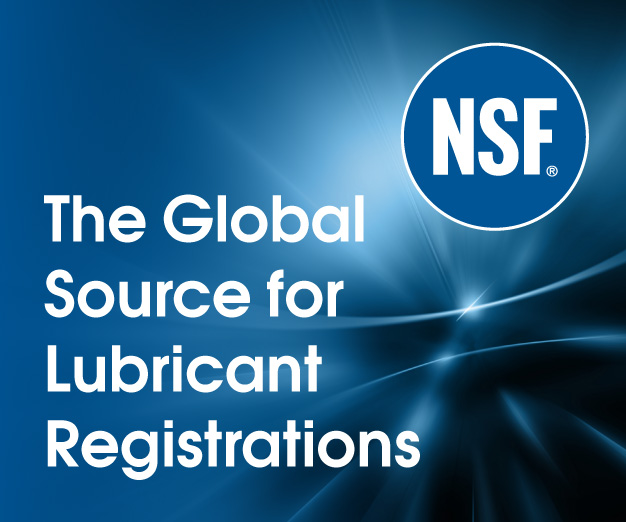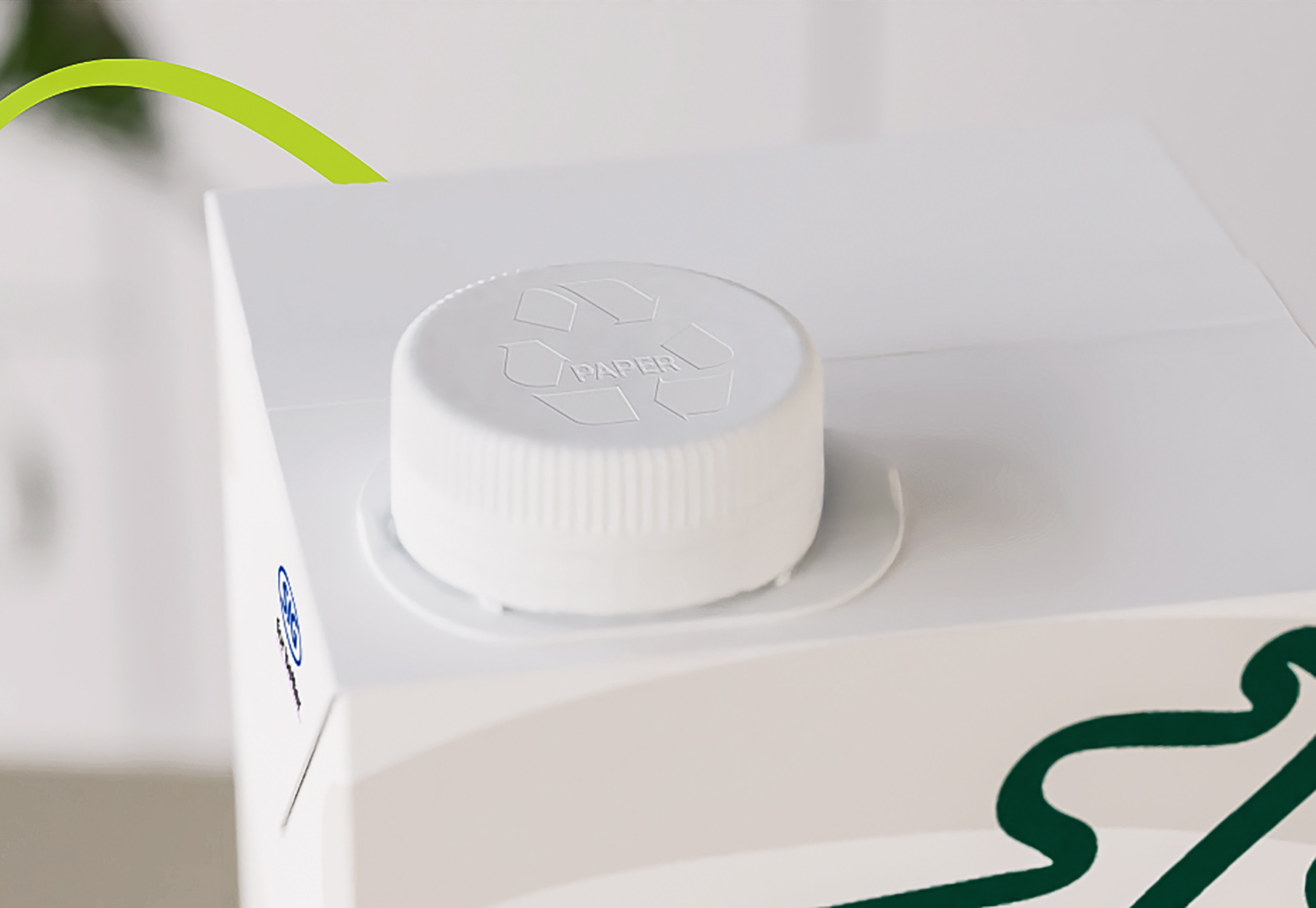SIG partners with PulPac to develop paper-based closures for aseptic cartons
SIG has entered a strategic partnership with PulPac, a global leader in Dry Molded Fiber technology, to develop paper-based closures for its aseptic cartons. The collaboration aims to accelerate large-scale production of sustainable closure alternatives that match the performance properties of traditional plastic closures.
Targeting 90% paper content by 2030
The partnership represents a significant step towards SIG’s ambitious target of achieving 90% paper content in its aseptic cartons, including closures, by 2030. Currently, the company aims to reach an interim target of 85% paper content excluding closures this year.
“We believe in Dry Molded Fiber techno-logy, paving the way for innovative and responsible alternatives to plastic closures,” said Gavin Steiner, Chief Technology Officer at SIG. “It is one of the most scalable fibre-based solutions on the market with great potential to boost progress in the transition from plastic to paper-based closures.”
The new paper-based closures will incorporate both base and cap components made from paper materials, significantly increasing the proportion of renewable content in SIG’s packaging portfolio.
Dry Molded Fiber technology advantages
PulPac’s Dry Molded Fiber technology forms a dry web of fibres rather than creating materials from a fibre slurry, resulting in minimised water usage during the moulding process. The technology also delivers lower CO₂ emissions compared to plastic solutions whilst offering design flexibility and high-volume production capabilities.
The approach supports SIG’s mission to create a fully regenerative food packaging system by enhancing renewability and reducing both carbon footprints and fossil-based material usage.
Seamless integration with existing systems
A key advantage of the partnership lies in the compatibility with SIG’s existing infrastructure. The company’s post-application technology allows closures to be applied after products have been filled and cartons sealed in the aseptic zone, ensuring product safety whilst enabling a “plug-and-play” solution.
“For packaging innovations focused on sustainability to have a significant impact, they must be compatible with the installed machinery setup,” explained Christoph
Wegener, Chief Markets Officer at SIG. “The combination of aluminium-layer-free packaging materials and paper-based closures will be our path to 90% paper content in our full-barrier aseptic cartons.”
The partnership will establish an exclusive development programme targeting the replacement of a significant amount of plastic closures annually once fully developed. SIG, founded in 1853 and headquartered in Neuhausen, Switzerland, produced 57 billion packs and generated €3.3 billion in revenue in 2024.
For more information, visit: www.sig.biz



